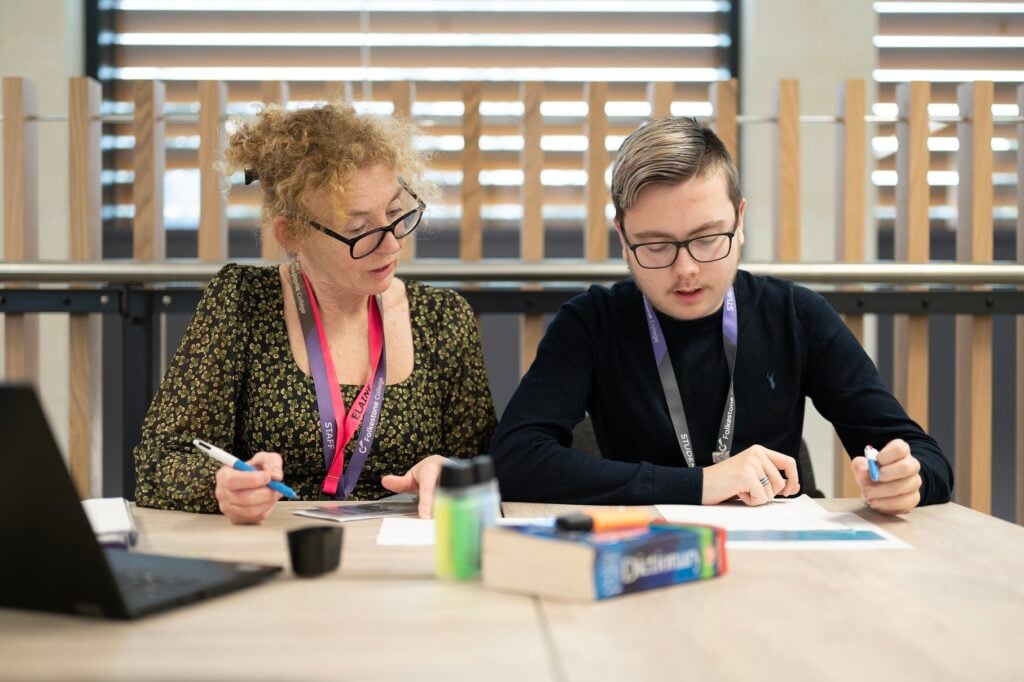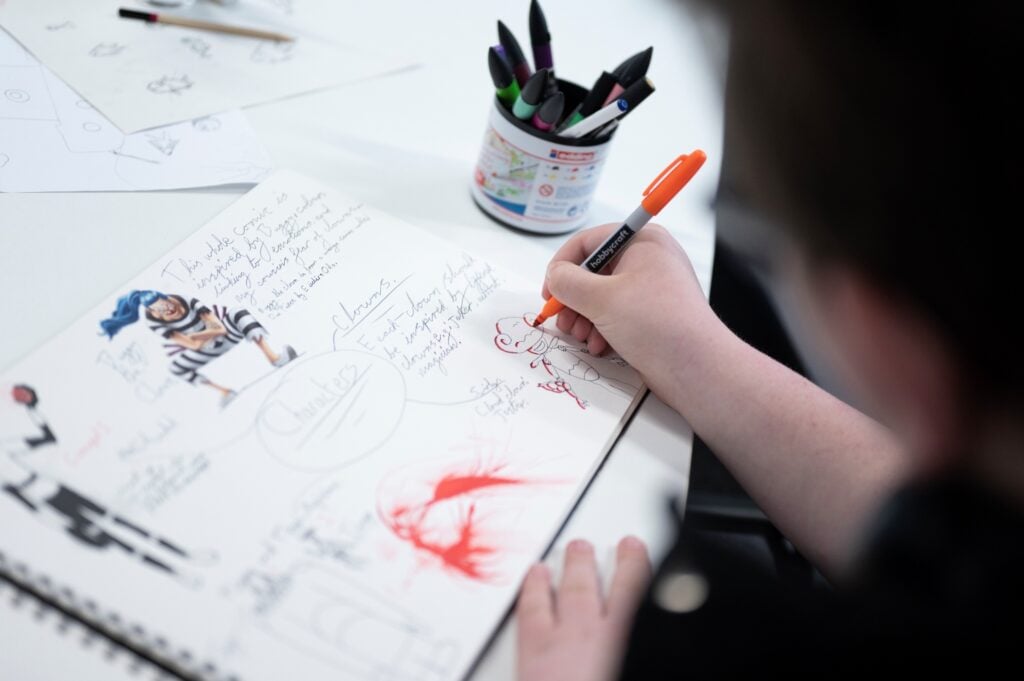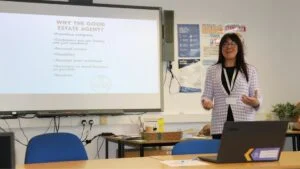Preparing for your work experience is a very exciting opportunity.
It’s an excellent chance to put the knowledge you’ve gained in the classroom into practice, and it can serve as a valuable stepping stone towards your future career.
We caught up with Industry Liaison Officer for Business and Creative Industries, Bridget Chapman, who has shared some of her top tips that will help you make the most of your work placement.
Make a good impression and build your network:
“Employing people can be difficult and expensive for organisations. If they can find the perfect person – someone keen, punctual and willing to learn, on a work experience placement, they will often offer them a job to come back to once they have finished their qualification.
“Even if your work experience doesn’t lead to a job directly, you are going to meet lots of people working in your chosen career field who may be able to help in the future.
“I’d recommend to start a LinkedIn profile (think of it as Facebook for work) and add people as you go. Take photos of your work experience moments and add them to your profile with positive comments about what you have learned.
“Tagging your employer as well shows them and others that you’re just the kind of person they should be employing!”

Expand your comfort zone and explore:
“Some students want to take up work experience with people they know as they feel more comfortable. It’s understandable, but are you making the most of the opportunity to find out what your full range of career possibilities might be?
“Have a think about where you might want to be in five or ten-years’ time and look at what career options are available.
“After this, you can explore which companies offer the kinds of roles you might be interested in. Make every effort to get work experience with one of those employers as this is your chance to ‘try before you buy’ when it comes to work.
“If you’re not sure of where to start, try asking your Industry Liaison Officer for a chat and some suggestions.”
Get involved, ask questions and make suggestions:
“Once you’re in your work experience, make the most of all the opportunities offered to you.
“If you get chances such as visiting suppliers or factories, looking around building sites or distribution centres, shadowing different roles or talking to the company CEO, take them, and be prepared to give positive feedback.
“If you are genuinely interested then people will value meeting you and hearing what you have to say.
“Remember, those who ask thoughtful questions or make helpful suggestions are the ones employers remember.
“It works in other ways too. The more you get out of your work placement, the more confidence, knowledge and experience you will take from it and on to your career. It’s all a fantastic learning experience so make the most of it!”

Take notes during your work experience:
“Keep notes of what you have done while on your work experience, and what it’s taught you.
“These notes don’t need to be lengthy but all the different experiences you have will help you make stronger job applications. Find a way to record what you do, whether it’s writing it all down, making voice notes or keeping a video diary.
“Many job interviews will ask you to think of a time you faced a problem, what actions you took, and what the outcome was. You will have some good examples from your work experience so make sure you get it all saved.”
Thank your employer:
“Finally, make sure employers know that you appreciated the opportunity to have your work experience placement with them.
“They aren’t obliged to take people, and it leaves a good impression if you are able to let them know that you benefitted from the time you spent in the organisation or business.
“Even if they don’t have a vacancy for you, they will remember you as someone who has a great attitude and could give you a glowing reference. This is worth its weight in gold when you are applying for jobs at the end of your course.”
Make sure you stay connected with Your Industry Liaison Officer.
During your placement, the staff at College are here to support you. We will check in regularly to ensure you’re getting the most from your experience and address any questions or concerns that you may have. Overall, we want you to enjoy every minute of your placement.
Work placements are a key part of your educational journey at College providing real experience that complements your academic studies.
By following these tips from Bridget and maintaining a professional approach, you’ll be well-prepared to make the most of this opportunity.
For more information or support regarding work placements, contact Bridget or the rest of the team at EKC Folkestone College.


